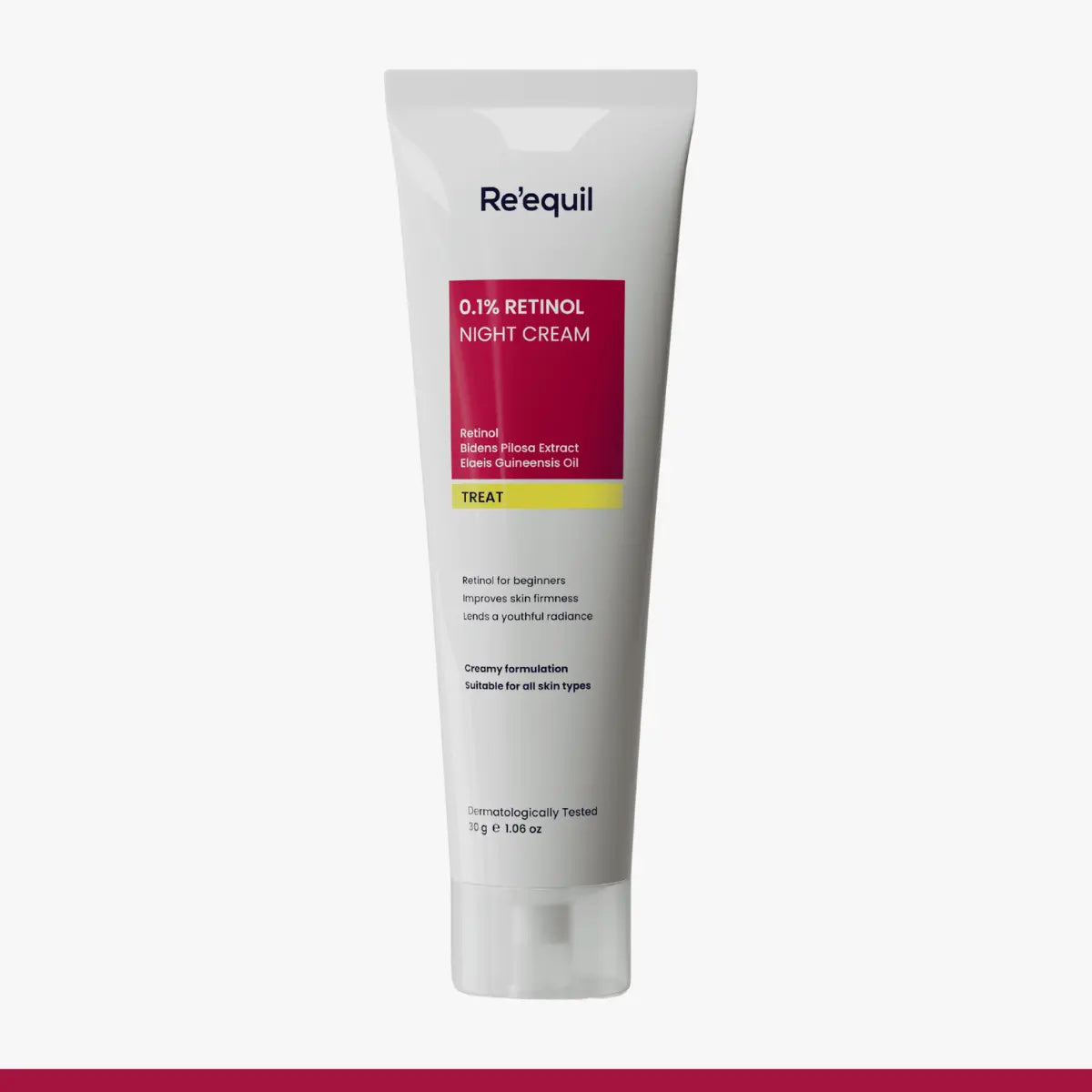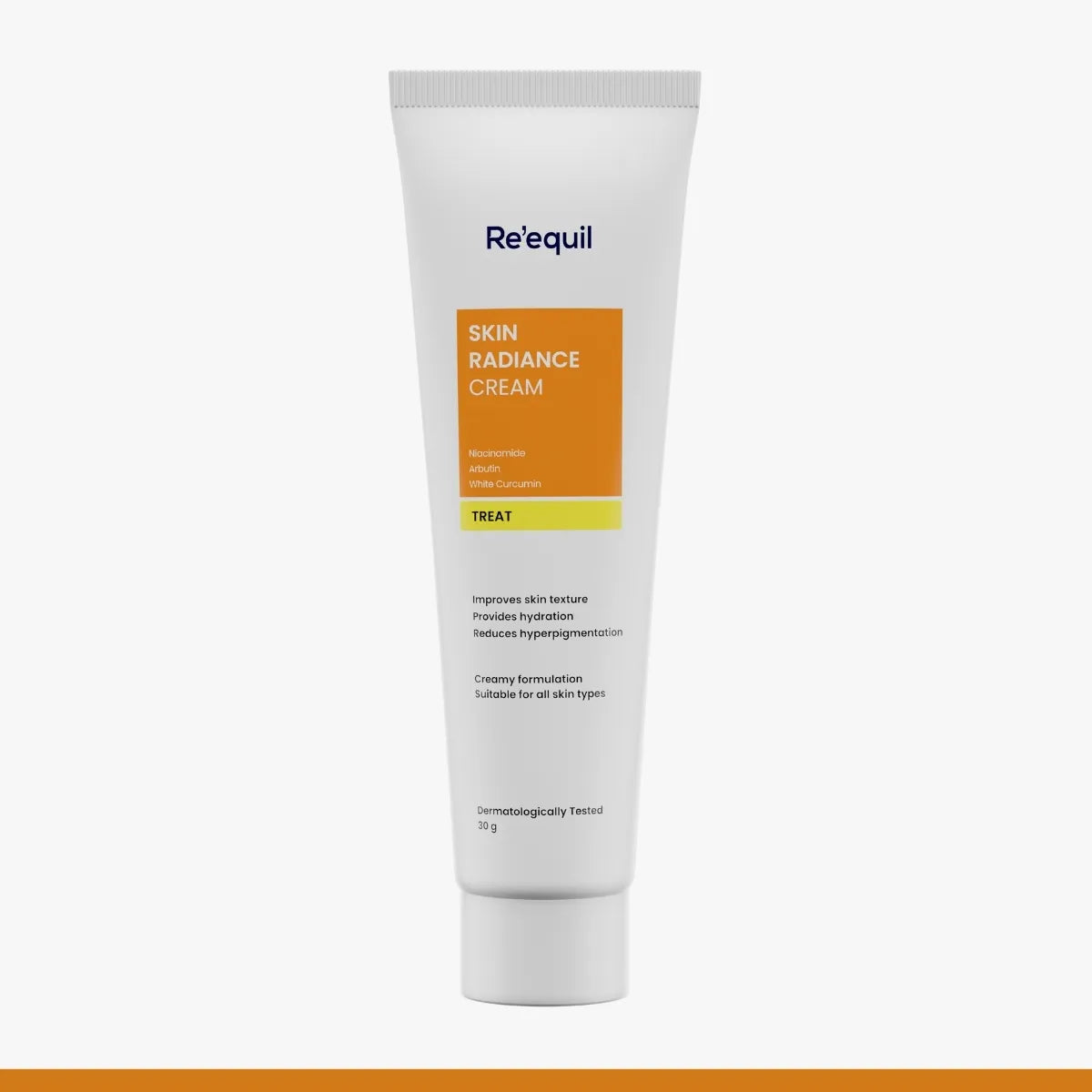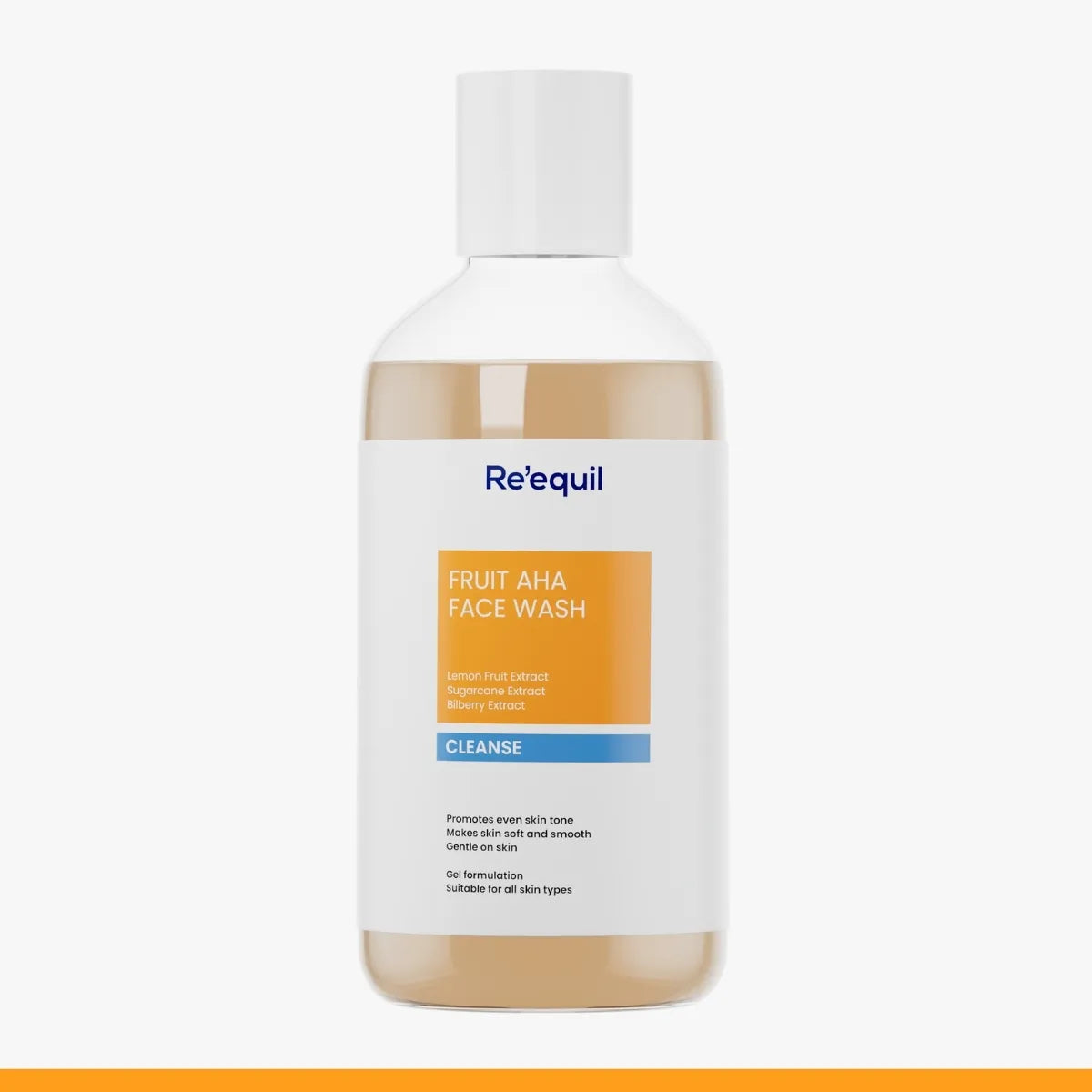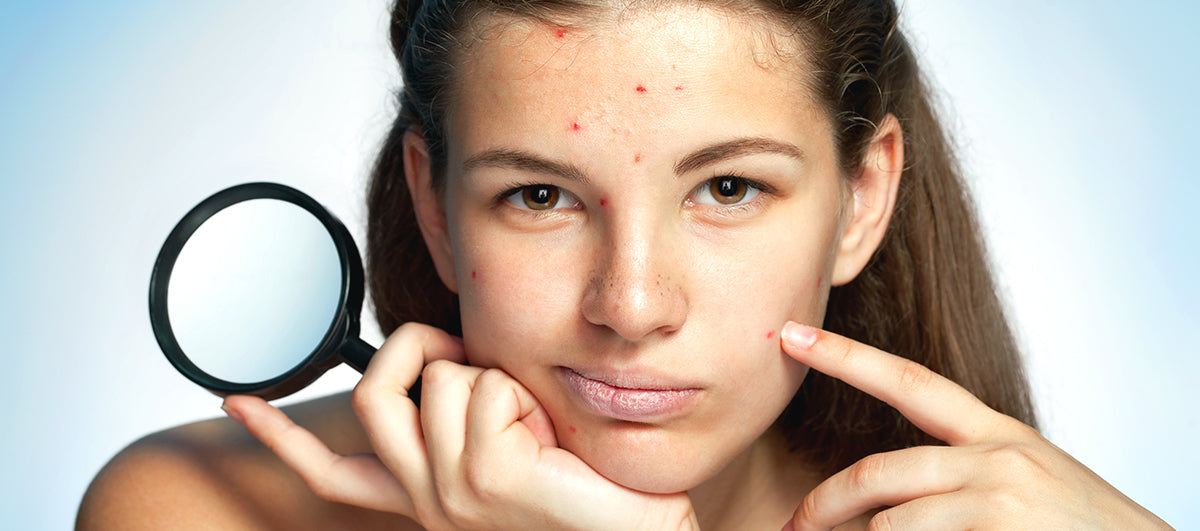Do you feel that acne has become an unwanted, but inevitable part of your body? Well, it is obvious to feel this way when all your efforts to get rid of pesky zits go in vain. It becomes more about emotional pain than physical suffering. Even various researches have found that skin health problems have a strong negative impact on mental health as well. A study in the American Academy of Dermatology has stated that acne is one of the major concerns for stress, low confidence, and self-conscious image.
We can totally relate to your unsung battle against pimples. Now you do not have to see yourself as an unsuccessful acne fighter. Never let your spirit down whether it is about a big pimple on your face or something else. We are here to help and have tried to figure out the deep root cause behind the painful pus-filled bump on the face. How to get rid of cheek acne will surely not remain an answered question for you.
Buck up yourself and take a step forward towards your goals of attaining a healthy, flawless, and glowing skin.
Are you frustrated about recurring acne on cheeks and forehead? Know these top seven surprising causes of acne:
- Pores clogging skincare products
- A plethora of stress
- Unhealthy diet
- Unprotected sun exposure
- Sleeping with makeup on the face
- Washing your face too often
- Dirty cell phone screen
1. Pores clogging skincare products
Say a big no to pore-clogging comedogenic ingredients to avoid unwanted pimples on your face. Many human and animal studies have concluded that cosmetics with comedogenic properties block skin pores and exacerbate the acne.
On the other hand, non – comedogenic skincare products are safe alternatives to opt if you have oily and acne-prone skin. To deal with the acne, dermatologists recommend using face cleansers which have best acne-fighting ingredients with non-comedogenic properties.
2. Too much stress
Board-Certified Dermatologist, Hart explains that stress elevates the levels of stress hormones (cortisol) which makes the oil gland to overwork. Too much oil production forms comedones which subsequently lead to acne breakouts. Many statistics also reveal that stress acne has become a common issue among adolescents. It has been seen in many cases that girls complain about forehead and cheek acne before or after menstruation days. Hence, it is pivotal for you to know which hormones are responsible for acne.
3. A poor diet
Whenever you feel like to gorge on junk food, consider its adverse effects in your mind as well. Foods like pizza, burger, fries, chips, carbonated sugary drinks can cause pimples on your face. These high glycemic index foods spike blood sugar levels and trigger acne formation. A research study published in the journal of Advances in Dermatology and Allergology has also claimed that a high glycemic diet can worsen acne breakouts. Hence, it is advised to rectify your diet and include low glycemic index foods in it.
4. Unprotected sun exposure
Too much sun exposure not only makes you age, but it also triggers breakout, especially if you have oily or acne-prone skin. In this case, sunscreen is the first thing that helps to offer optimum protection from harmful UV spectrum.
However, if you have already oily skin then it is important to choose your sunscreen very carefully. As per dermatologists, physical sunscreen is an ideal UV protection for sensitive skin. The benefits of using physical sunscreen for oily and acne-prone skin are that it does not give a greasy feel to the skin, hence preventing the risk of breakouts.
5. Sleeping with makeup on the face
Recurring acne on your cheeks may be the reason for your habit of not washing your face before you go to bed. Sleeping with makeup on is one bad night habit that can sabotage your skin health to a greater extent. Throughout the day, grime, pollutants, and other impurities keep sticking on your makeup face. If you do not remove makeup every night, it will not only make you the victim of acne but will also cause the blemishes and dark spots. Furthermore, makeup residues penetrate the deeper layers of skin and hinder the skin renewal process during sleep, which ultimately causes wrinkles and fine lines on your face.
6. Over-washing your face
Bust the myth that washing your face multiple times in a day will offer you a clear face. On the contrary, strong cleansing ingredients in your face wash may strip off natural skin oil and make your skin extra dry which ultimately manifests into acne.
Various clinical trials have suggested that washing the face twice in a day has helped to improve inflammatory conditions in Acne vulgaris infection. Zinc PCA based face wash is considered good for people having acne-prone and oily skin.
7. Dirty cell phone screen
Your unclean cell phone screen has been found another biggest culprit behind unwanted acne on your cheeks. David Bank, M.D., founder, and director of the Center for Dermatology, Cosmetic, and Laser Surgery explains that a neat and clean phone may help to prevent unexplained acne and skin infections on your face. Countless bacteria from your hands accumulate on your mobile screen, which later causes acne breakout on your cheeks and chin.
How to reduce pimples on forehead and cheeks naturally?
You can avoid popping a pimple on your forehead and cheeks with the help of natural kitchen ingredients. Various scientific studies have suggested that natural anti-inflammatory action of certain botanical extracts is quite effective to treat mild to moderate acne. Antioxidant, antimicrobial, and skin healing properties of natural bioactive compounds help to prevent the microbial manifestations on the skin.
Discover these natural yet effective home remedies for forehead and cheek acne:
- Fuller’s earth
- Neem
- Turmeric
1. Fuller’s earth
Fuller’s earth or Multani mitti is considered one of the best home remedies for forehead acne. Being a rich source of magnesium chloride, it helps to keep the skin grime free and prevent breakouts. Also, its natural oil absorbent properties soak extra oil from oily skin.
How to use
- Take one tablespoon each of Multani mitti, sandalwood powder, and rose water.
- Mix the ingredients well.
- Apply this mixture to your clean face.
- Let it dry for 10-15 minutes.
- Wash it off with normal water.
2. Neem
In Ayurveda, Neem leaves are known as an effective solution for managing skin woes. Various scientific studies have also demonstrated the potent anti-acne and antibacterial properties of Neem against acne-causing bacteria.
How to use
- Take the 8-10 neem leaves.
- Boil them in hot water until they become soft.
- Grind the leaves to make a paste.
- Apply this paste on your face.
- Leave it dry and then rinse it off with water.
3. Turmeric
To keep your forehead and cheek free from acne, try this natural ingredient. Turmeric’s skin healing properties have been popular since ancient times. It contains an anti-inflammatory compound called curcumin that helps to prevent acne. Its natural antiseptic properties help to keep the pores clean.
How to use
- Take 2 tablespoons of turmeric powder and one tablespoon of honey in a container.
- Mix ingredients well.
- Apply this paste on your skin.
- Let it dry and rinse it off.

There is a high possibility of achieving success while treating existing acne and preventing chances of new breakouts. Identifying your daily bad skin habits is an important tip to keep the acne at bay. Even dermatologists believe that acne-prone skin is at greater risk of severe acne scarring, stubborn acne mark, and PIH (Post-Inflammatory Hyperpigmentation). Being aware of root cause and making necessary amendments will not only help to get acne-free skin but will also make you glow like never before. Pull your socks up and start the right skin care with no delay.
P.S.
Over the counter products is another effective way to treat mild to moderate acne on the face. Active ingredients in acne topical formulations help to balance the excess oils and prevent the clogging of pores. Rice bran Extract, Boswellia Serrata Extract, and Scutellaria Extract are considered few best ingredients to look at while buying acne-clarifying creams. Anti-inflammatory and wound healing action of these natural ingredients aid in the healing process of acne and prevent the risk of future acne as well. Nevertheless, take medical attention if you are dealing with severe acne for a long time.






